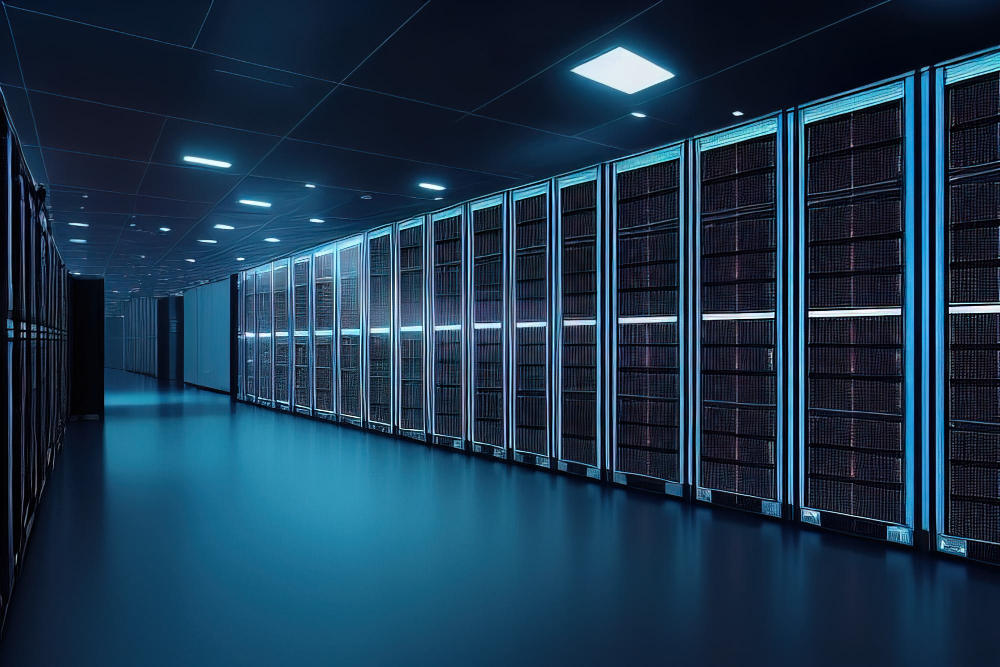How to Set Up a Server for Small Businesses?

There are a lot of IT choices to consider when you’re setting up a small business but it is doable when you’re prepared and done your research. Especially when you have more than six or ten workforces you’ll need something better and safer. That’s where servers come in! Servers are physical devices or programs designed to serve information, software, and applications to other computers called clients. Servers are used to establish a central system and share resources.
Important Factors In Choosing the Server

To invest wisely, choose the features after carefully considering your business operations, the number of people and devices in the office, space constraints, and network protection. etc. while keeping in mind the future possibilities. Therefore, depending on your tasks the server can be a file or database server, Mail and Print server, Domain or application server.
Some important factors to consider for setting up a server
- Onsite server or Cloud server.
- Choosing Server hardware.
- Picking a suitable operating system.
- Configuring the server.
- Server and Network Security.
1. Onsite or Cloud Server?
Onsite servers need to be set up physically at your preferred location, you can either rent it or opt to purchase your own server.
- Owning a server is much cheaper in the long haul
- Complete control
However, you’ll be totally responsible for management and damages and higher electricity bills from running and cooling it 24×7. You also need extra space and security to keep them.
Now, cloud hosting is suitable for space and resource-constrained workplaces.
- Fast, efficient with low upfront costs
- Better network uptime in case of server or network issues
- Low electricity bill
Yet, in case of server issues, the hosting part can only fix it and the charges for service vary.
2. Choosing a Server and its Hardware
Servers are available in rack, black, and tower form factors. Rack and blade servers can be mounted onto chassis are highly expandable and cost more than tower servers. Considering the space and budget constraints you can choose among them. Choosing suitable resources is important for high performance and efficiency.
- Understand operation and application requirements to determine the type of CPU, number of cores, RAM, storage drives, backup bays, RAID controllers, and other features.
- For example, faster writing speeds and RAID controllers are required for the database servers and web, and Files require more RAM and host swappable drives.
3. Picking a Suitable Operating System
In order to run your application and business smoothly, you’ll need an OS that best supports your applications. You can choose from Windows, Linux, Red Hat, CentOS, and others and take into consideration certain factors like
- Cost – Open software like Linux is cheaper to run than Windows.
- User Friendliness – If you’re lacking experienced IT staff, Windows is a favorable choice, it’s familiar and simple compared to Linux.
- Flexibility and Support– Linux offers much flexibility and customization and the open-source support is hard to obtain whereas Windows has established customer support.
4. Configuring the Server
Installing the server operating system is similar to that of a PC, you can connect USB, DVD, or other virtual devices. Some important configurations include
- Connecting and setting up storage drives.
- Configuring external hardware for backup.
- Customizing remote access and sharing privileges.
- Establishing a central network by setting up domain controllers and connecting all computers and devices.
- Assigning user and host credentials.
5. Server Security
Servers are the data cores and are easy and repeated targets of trojans, DDoS attacks, and phishing emails. etc. Therefore, it’s important to safeguard your server and protect yourself from data loss and cyberattacks. This can be done by:
- Configuring server with the latest firewall, antivirus, and spyware.
- Staying updated on all security measures.
- Opting for proxy servers that conceal your IP by routing the traffic through a proxy.
- Having redundant backup and recovery options.
- Training staff in cyber security for awareness and safe network practice or hiring experienced technical support for server management and security.
Almost every state in the US requires that a business have a registered agent. This is an individual or business that receives important documents from the state in which the business is registered. For more information consider this resource on the best registered agent services.































































